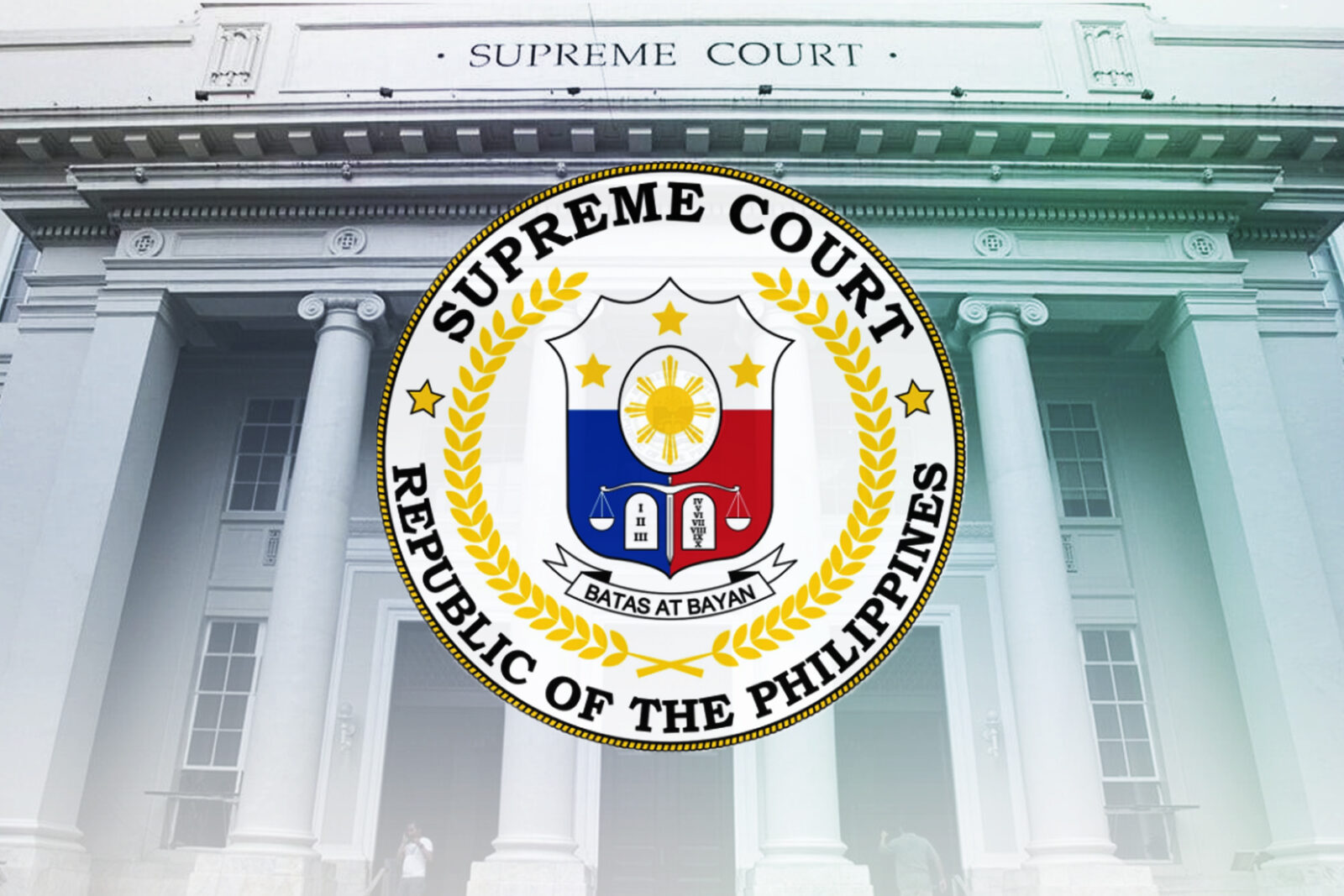Philconsa urges SC to revisit impeach ruling

The Philippine Constitution Association (Philconsa) has urged the Supreme Court to “revisit the constitutionality” of the seven rules it set for the House of Representatives to follow when initiating an impeachment complaint, saying these can strip the lower chamber of its exclusive power to initiate all impeachment cases.
In a statement issued on Sunday, the country’s oldest constitutional watchdog also called on the high tribunal to review “with ultra care” the facts it relied on to come up with its decision.
In a statement signed by retired Chief Justice Reynato Puno, the Philconsa chair, the group said the Constitution is based on democracy that will endure only by preserving the “pristine principles” of separation of power, checks and balances and accountability of officials.
Puno had earlier disowned a Philconsa statement that called the SC ruling “alarming” before the group met to craft its position.
‘Unknowns, unknowables’
“There ought to be no reckless tinkering of the balance of power for any erroneous micro movement will have macro consequences on our fragile democracy,” it added.
“We call on the Supreme Court to avoid the political thicket, where there are too many unknowns and unknowables and thus avoid the tyranny of intangibles,” it said.
According to Philconsa, the new rules laid down by the high court violate Article XI (3) of the Constitution which gives the House the exclusive power to initiate all cases of impeachment.
It noted that the initiation process is the “political component of impeachment” with lawmakers at this time only responsible to the people who elected them. Should they make a mistake during the process, the people can choose not to vote for them “by way of punishment.”
“That is the sense and essence of the political issue principle which prohibits the judiciary from interfering with the conduct by the House of the initiation process of impeachment,” it stressed.
“It is embedded in constitutions of all countries which consecrate the democratic principle that power emanates from the people. The court cannot minimalize this principle that prevents the judiciary from exercising power that can overwhelm the other branches of government,” it added.
It pointed out that Article XI (8) provides that Congress shall promulgate its rules on impeachment. “It is daylight clear that the Supreme Court cannot write the rules for Congress. In the same vein, Congress cannot write the rules for the Supreme Court to follow in deciding a case.”
‘Balance of power’
Even the wisdom of the seven new rules is “questionable” with the group saying that requiring the articles of impeachment to be accompanied by sufficient evidence and making it mandatory for all House members to be given a reasonable time to decide whether to endorse an impeachment complaint can be used by a respondent to negate the House’s exclusive right to initiate an impeachment process.
“The rules made by the court which gifted itself the power to determine the sufficiency of evidence and the reasonableness of time given to all members of the House to reach an independent decision cannot but raise eyebrows. It tilted the balance of power in its favor,” Philconsa said.
It observed that this was contrary to the advice that justices should serve strictly as umpires in interpreting the Constitution.
“They should not act as pitchers or batters in favor of any party. The exercise of this new power which the court gifted itself will border on the anomalous when a member of the court becomes a respondent in an impeachment case,” it added.
The group also doubted the constitutionality and the wisdom of the new rules written by the court that requires the House to accord due process to a respondent in case the verified complaint or resolution is filed by at least one third of all its members pursuant to Article XI, Section 3 (4) of the constitution.
It reiterated that the high tribunal is prohibited from interfering with the political process of impeachment.
“The trial stage is the legal component of the impeachment process. The familiar learning is that the right to be heard is satisfied when respondent is heard before any judgment is handed down. It need not necessarily be accorded before or at the start of the judicial proceedings,” Philconsa said.

















